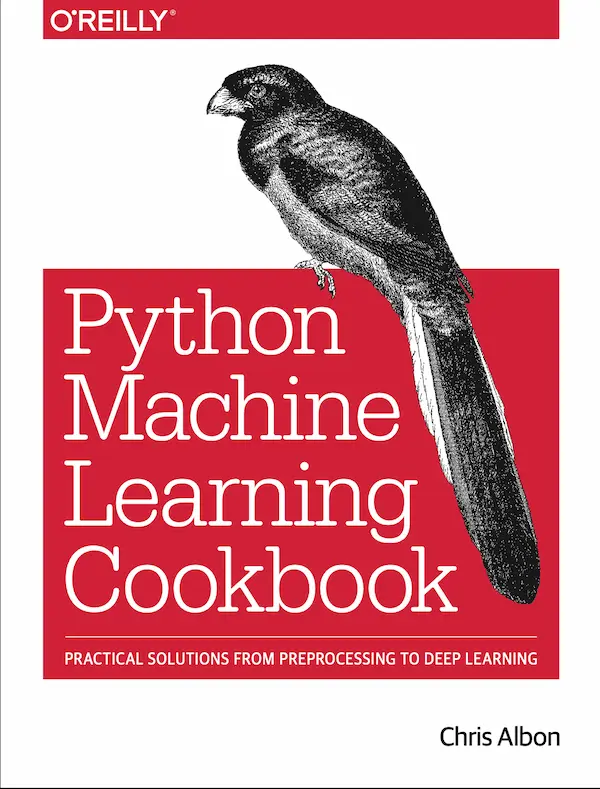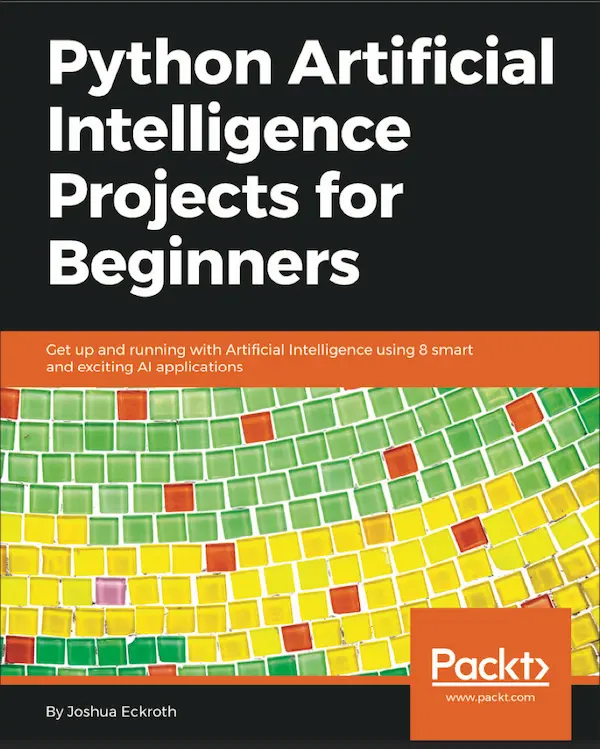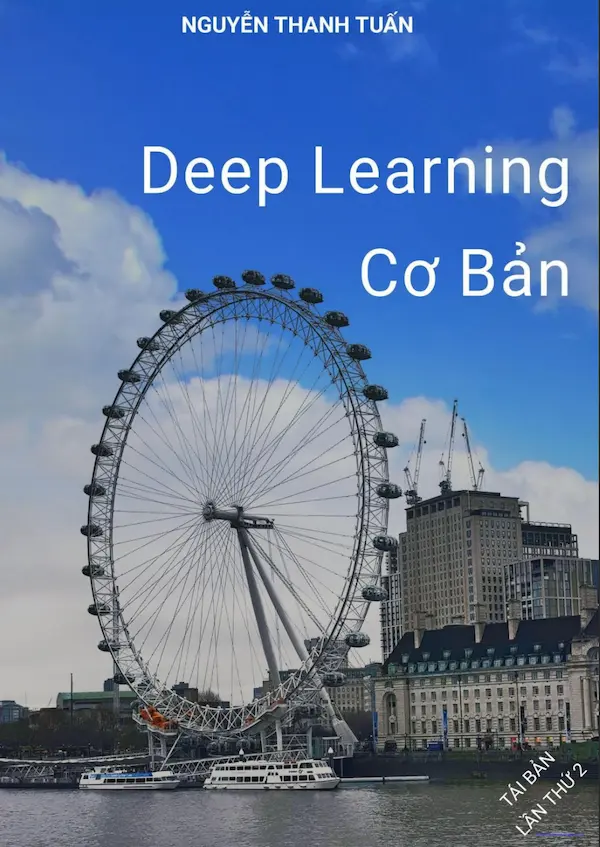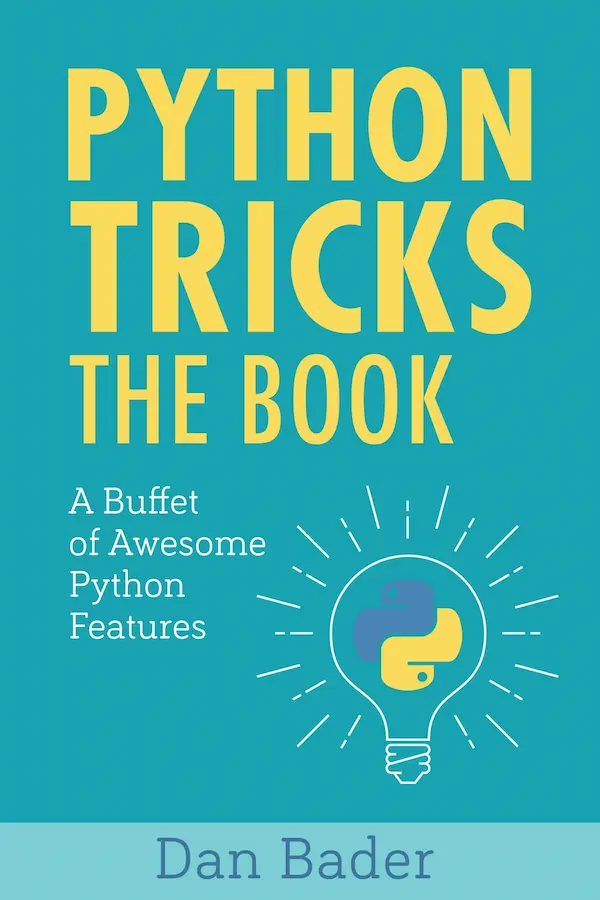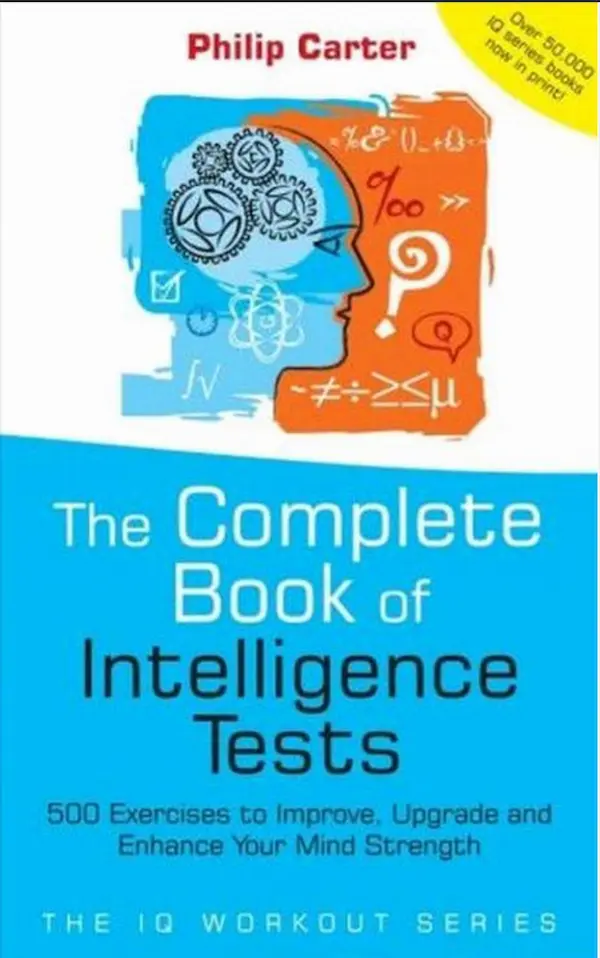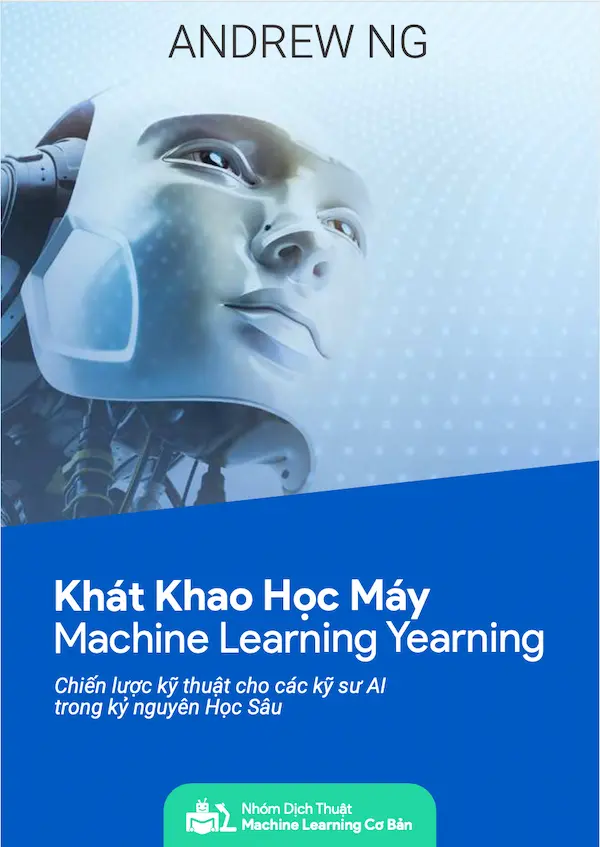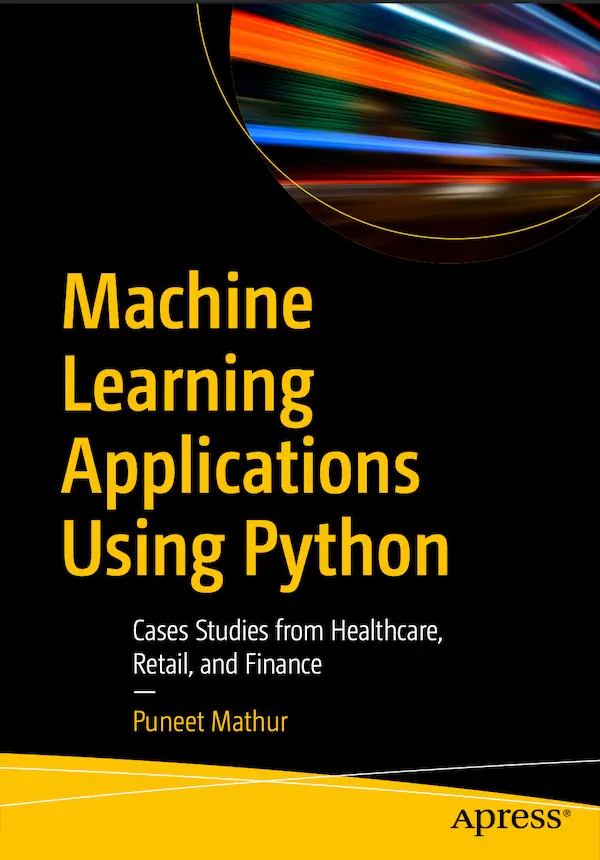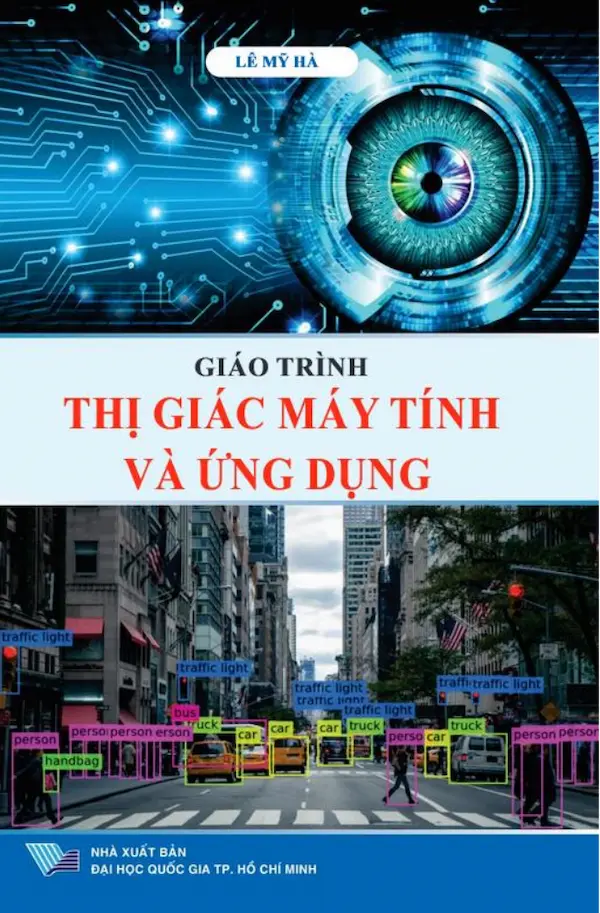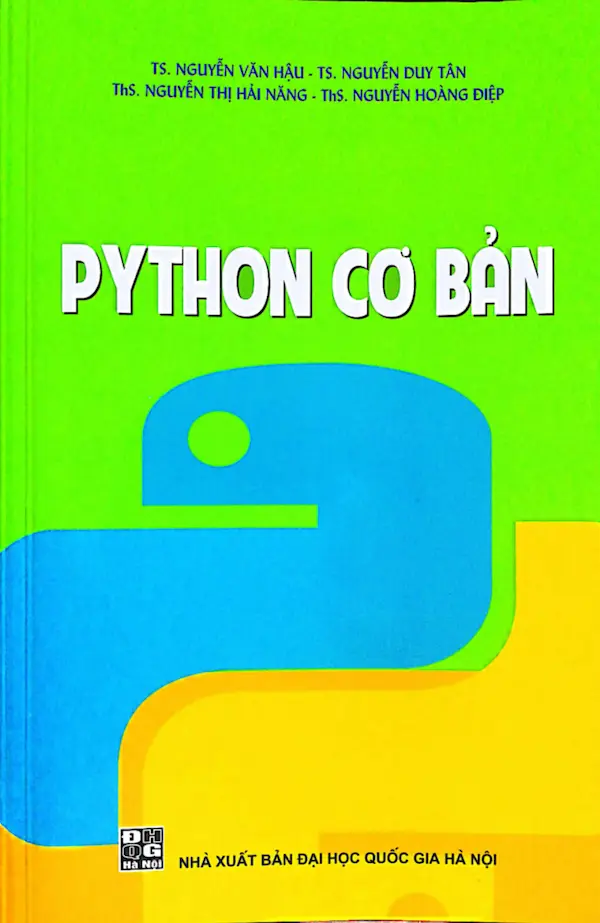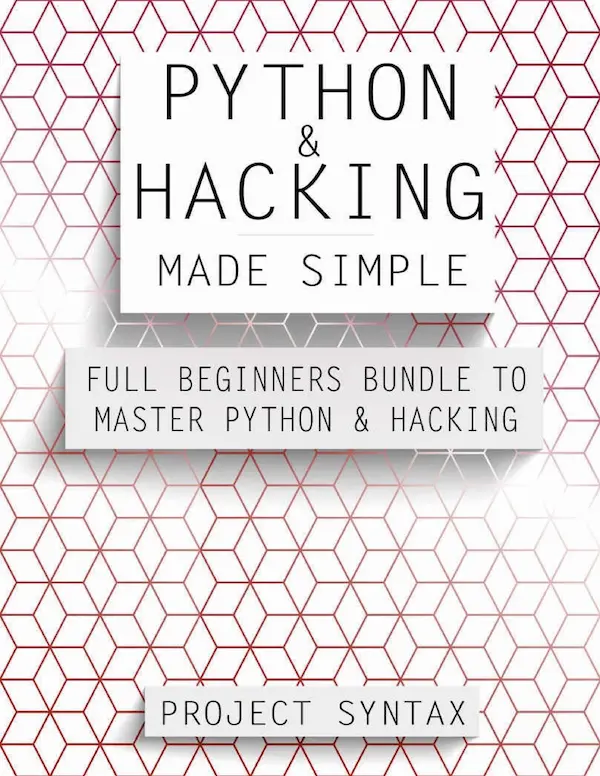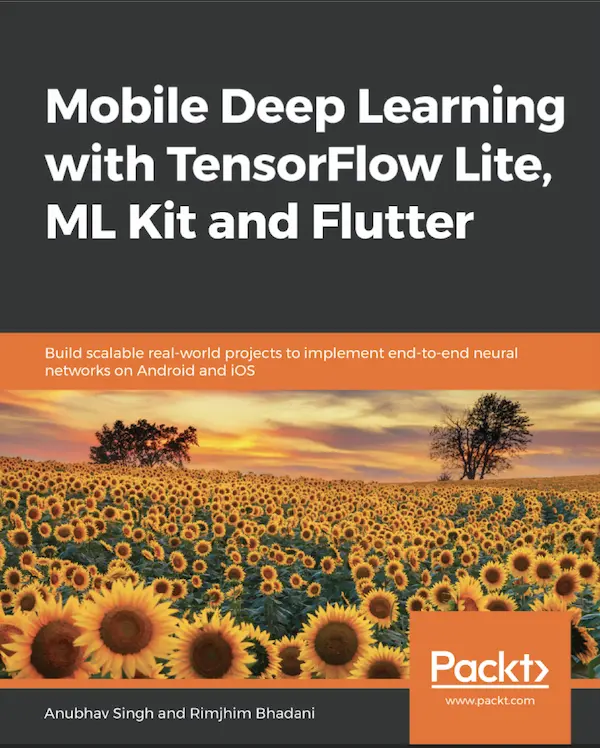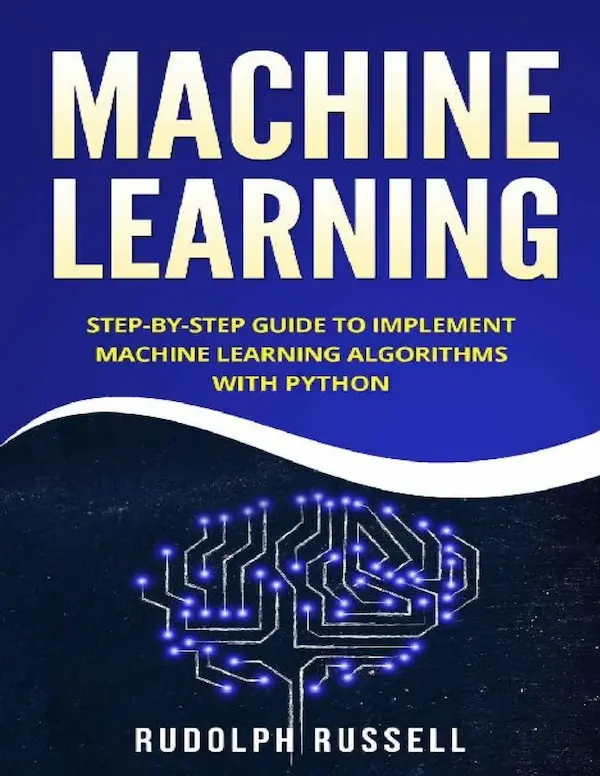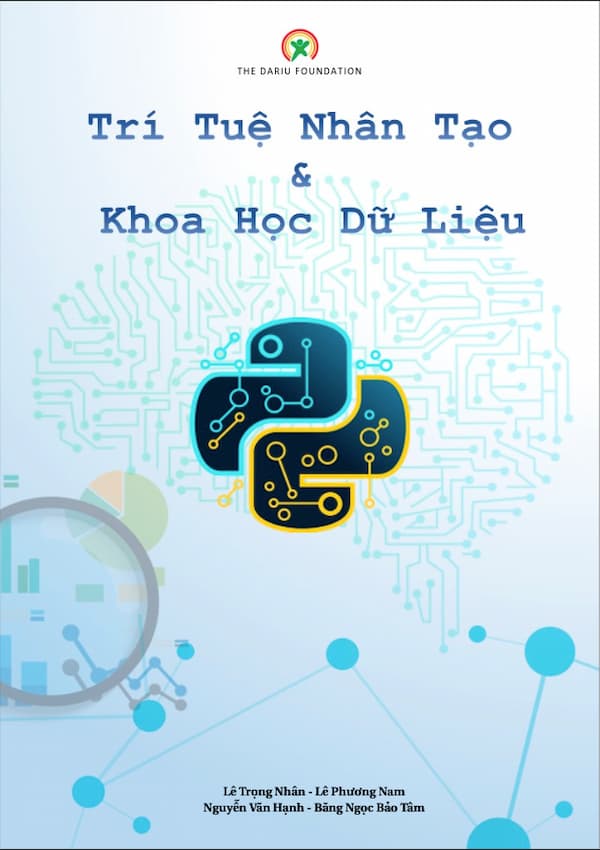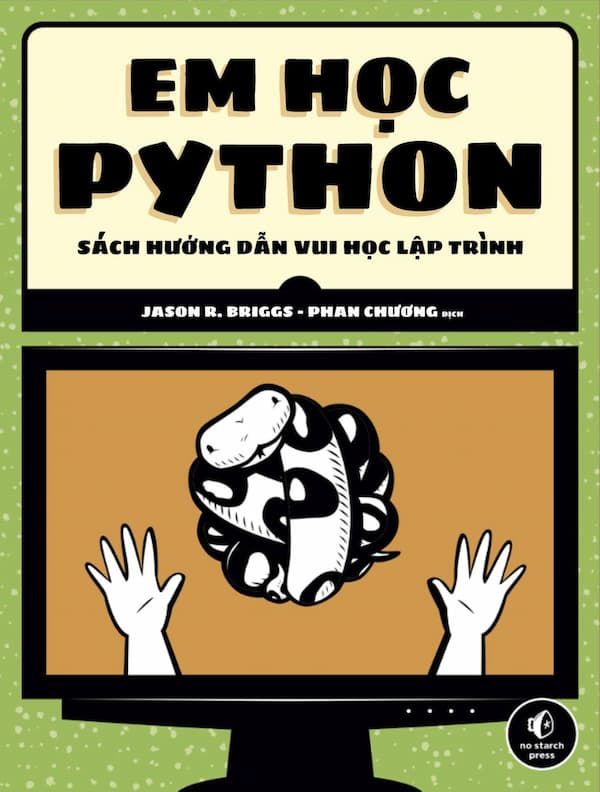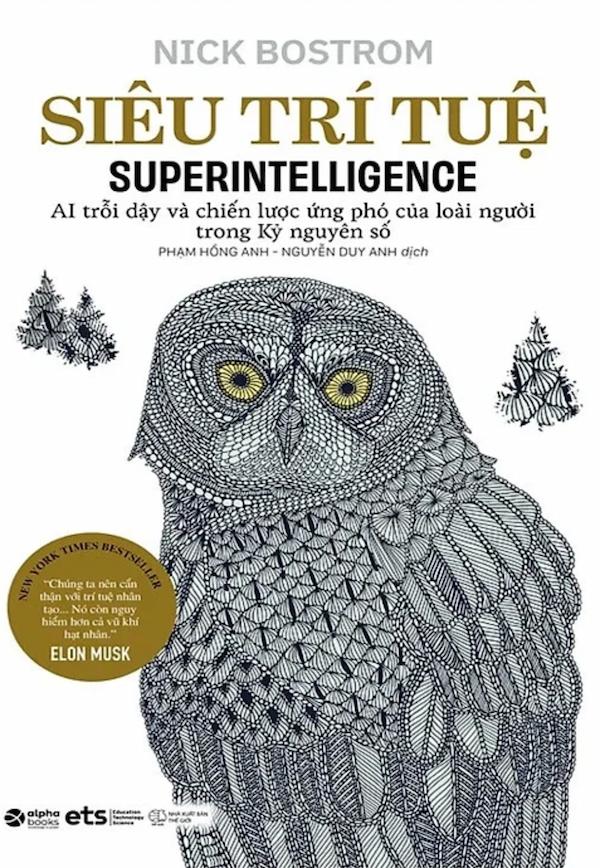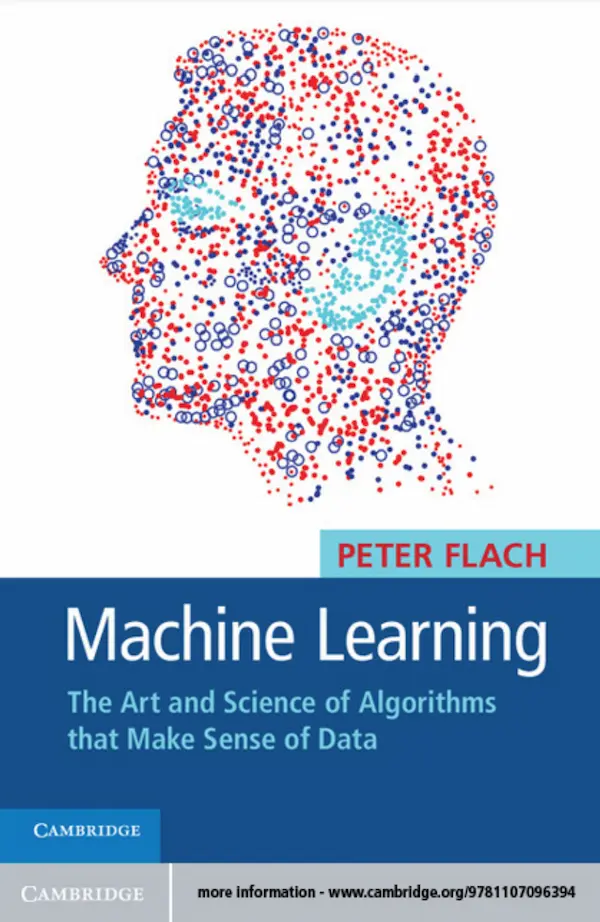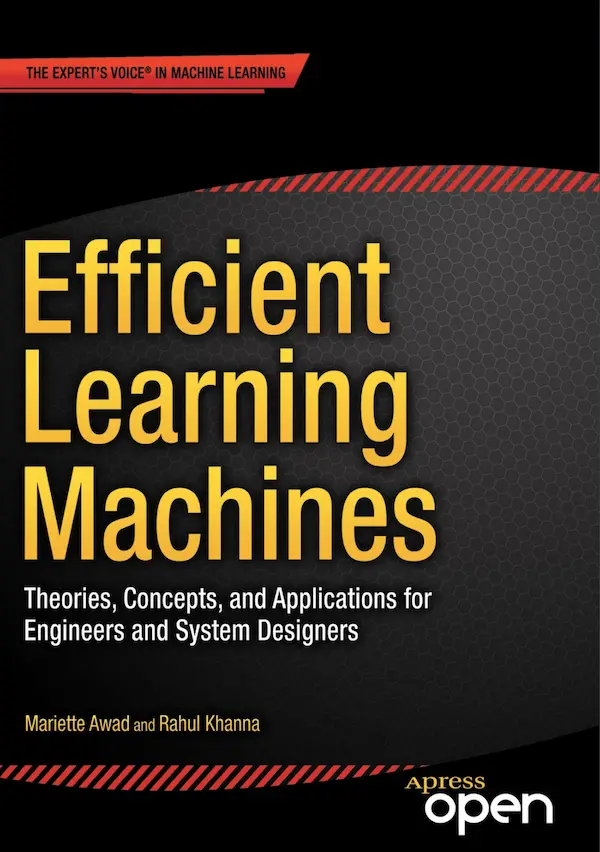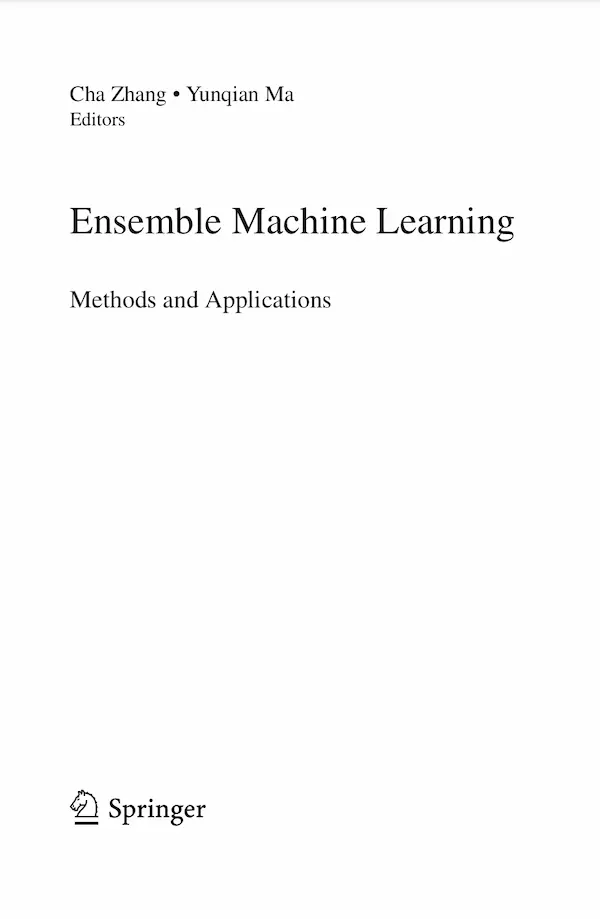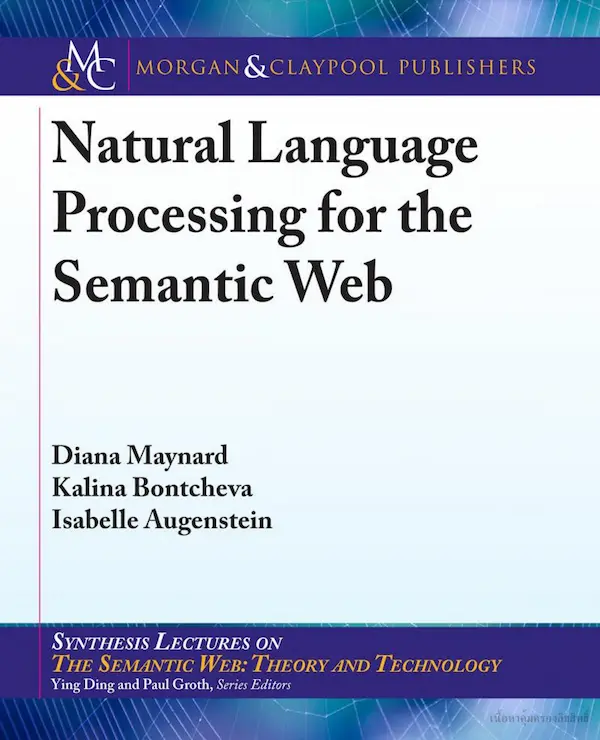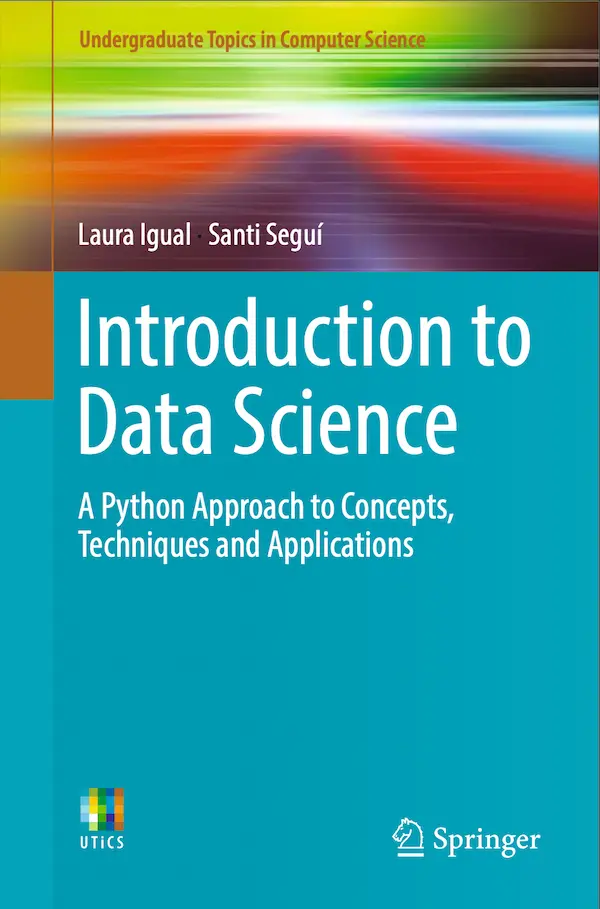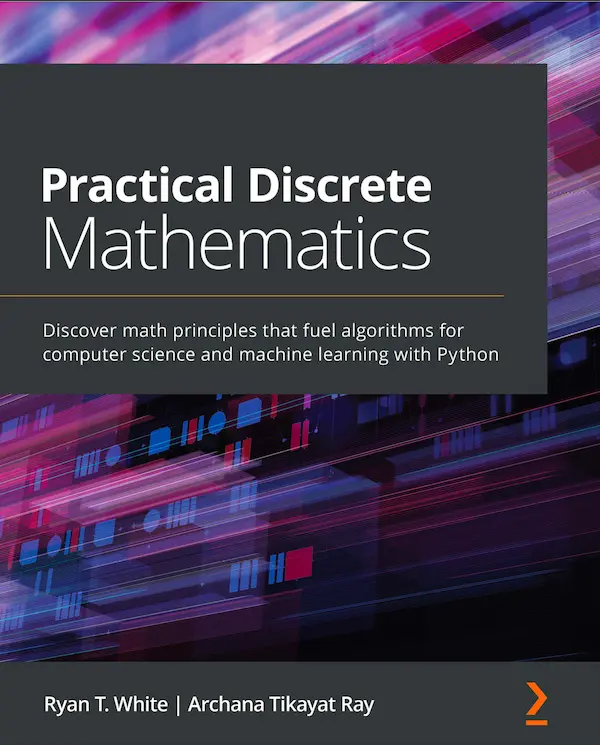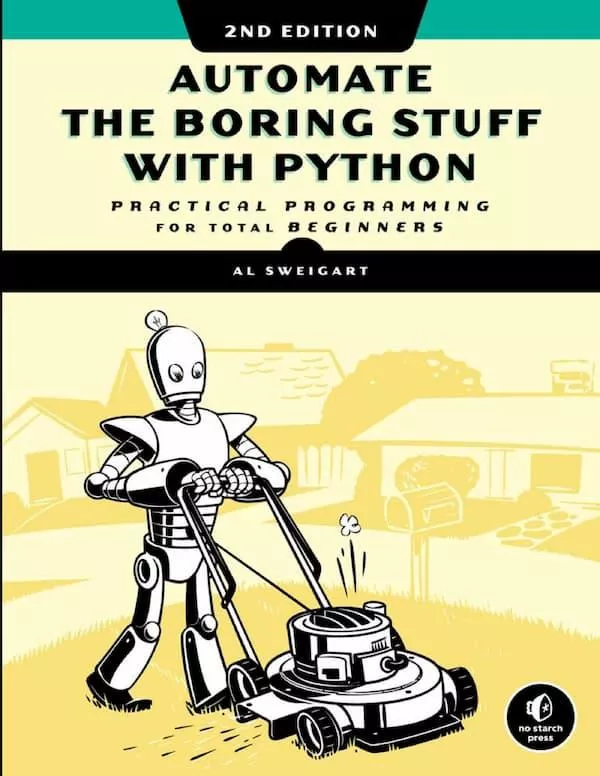
Giới thiệu sách
- Lượt đọc :452
- Kích thước :1.68MB
- Số trang :366
- Đăng lúc :2 năm trước
- Số lượt tải : 405
- Số lượt xem : 2.917
Thông tin sách:
This practical guide provides nearly 200 self-contained recipes to help you solve machine learning challenges you may encounter in your daily work. If you’re comfortable with Python and its libraries, including pandas and scikit-learn, you’ll be able to address specific problems such as loading data, handling text or numerical data, model selection, and dimensionality reduction and many other topics.
Each recipe includes code that you can copy and paste into a toy dataset to ensure that it actually works. From there, you can insert, combine, or adapt the code to help construct your application. Recipes also include a discussion that explains the solution and provides meaningful context. This cookbook takes you beyond theory and concepts by providing the nuts and bolts you need to construct working machine learning applications.
You’ll find recipes for:
● Vectors, matrices, and arrays
● Handling numerical and categorical data, text, images, and dates and times
● Dimensionality reduction using feature extraction or feature selection
● Model evaluation and selection
● Linear and logical regression, trees and forests, and k-nearest neighbors
● Support vector machines (SVM), naïve Bayes, clustering, and neural networks
● Saving and loading trained models
Who This Book Is For
This book is not an introduction to machine learning. If you are not comfortable with the basic concepts of machine learning or have never spent time learning machine learning, do not buy this book. Instead, this book is for the machine learning practitioner who, while comfortable with the theory and concepts of machine learning, would benefit from a quick reference containing code to solve challenges he runs into working on machine learning on an everyday basis.
This book assumes the reader is comfortable with the Python programming language and package management.
Who This Book Is Not For
As stated previously, this book is not an introduction to machine learning. This book should not be your first. If you are unfamiliar with concepts like cross-validation, random forest, and gradient descent, you will likely not benefit from this book as much as one of the many high-quality texts specifically designed to introduce you to the topic. I recommend reading one of those books and then coming back to this book to learn working, practical solutions for machine learning.
Each recipe includes code that you can copy and paste into a toy dataset to ensure that it actually works. From there, you can insert, combine, or adapt the code to help construct your application. Recipes also include a discussion that explains the solution and provides meaningful context. This cookbook takes you beyond theory and concepts by providing the nuts and bolts you need to construct working machine learning applications.
You’ll find recipes for:
● Vectors, matrices, and arrays
● Handling numerical and categorical data, text, images, and dates and times
● Dimensionality reduction using feature extraction or feature selection
● Model evaluation and selection
● Linear and logical regression, trees and forests, and k-nearest neighbors
● Support vector machines (SVM), naïve Bayes, clustering, and neural networks
● Saving and loading trained models
Who This Book Is For
This book is not an introduction to machine learning. If you are not comfortable with the basic concepts of machine learning or have never spent time learning machine learning, do not buy this book. Instead, this book is for the machine learning practitioner who, while comfortable with the theory and concepts of machine learning, would benefit from a quick reference containing code to solve challenges he runs into working on machine learning on an everyday basis.
This book assumes the reader is comfortable with the Python programming language and package management.
Who This Book Is Not For
As stated previously, this book is not an introduction to machine learning. This book should not be your first. If you are unfamiliar with concepts like cross-validation, random forest, and gradient descent, you will likely not benefit from this book as much as one of the many high-quality texts specifically designed to introduce you to the topic. I recommend reading one of those books and then coming back to this book to learn working, practical solutions for machine learning.
Các nhà sách ở TPHCM
Nhà sách online hiện đại và kho sách ebook online tiện lợi, Website là nơi giúp bạn có những cuốn sách đúng với sở thích và cập nhật những đầu sách hay như: Sách Giáo Khoa · Sách Trong Nước · Sách Thiếu nhi · Sách Tham Khảo
- 1.Nhà sách Phương Nam
- 2.Nhà sách Cá Chép
- 3.Nhà sách Artbook
- 4.Nhà sách Kim Đồng
- 5.Nhà sách E.Book
- 6.Hiệu sách Nhã Nam
- 7.Nhà sách Alpha Books
- 8.Nhà sách Fahasa
- 9.Nhà sách Hải An
- 10.Nhà sách Hà Nội
- 11.Đường sách Nguyễn Văn Bình
- 12.Nhà sách Tổng Hợp
- 13.Đường sách cũ Trần Nhân Tông
- 14.Nhà sách TriBooks
- 15.Nhà sách Sahabook

